Tag: free speech

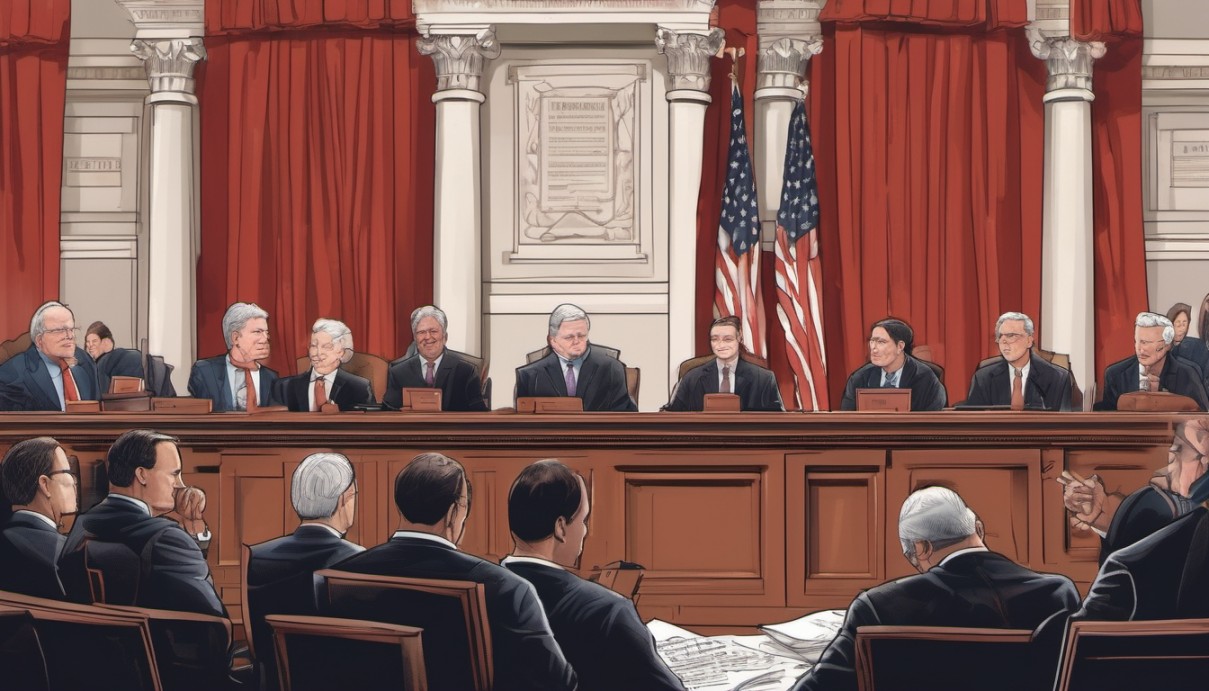
Breaking down the Murthy v. Missouri Supreme Court Ruling
June 28, 2024 | Post
The Murthy v. Missouri case exposed the Biden Administration’s efforts to control public discourse, highlighting a crucial battle for free speech rights.

Searching for the Heart of LibertyCon Europe: A Recap
May 9, 2024 | Post
From rooftop receptions to thought-provoking sessions at unique venues like a former Coca-Cola factory, every moment was inspiring at LibertyCon Europe 2024
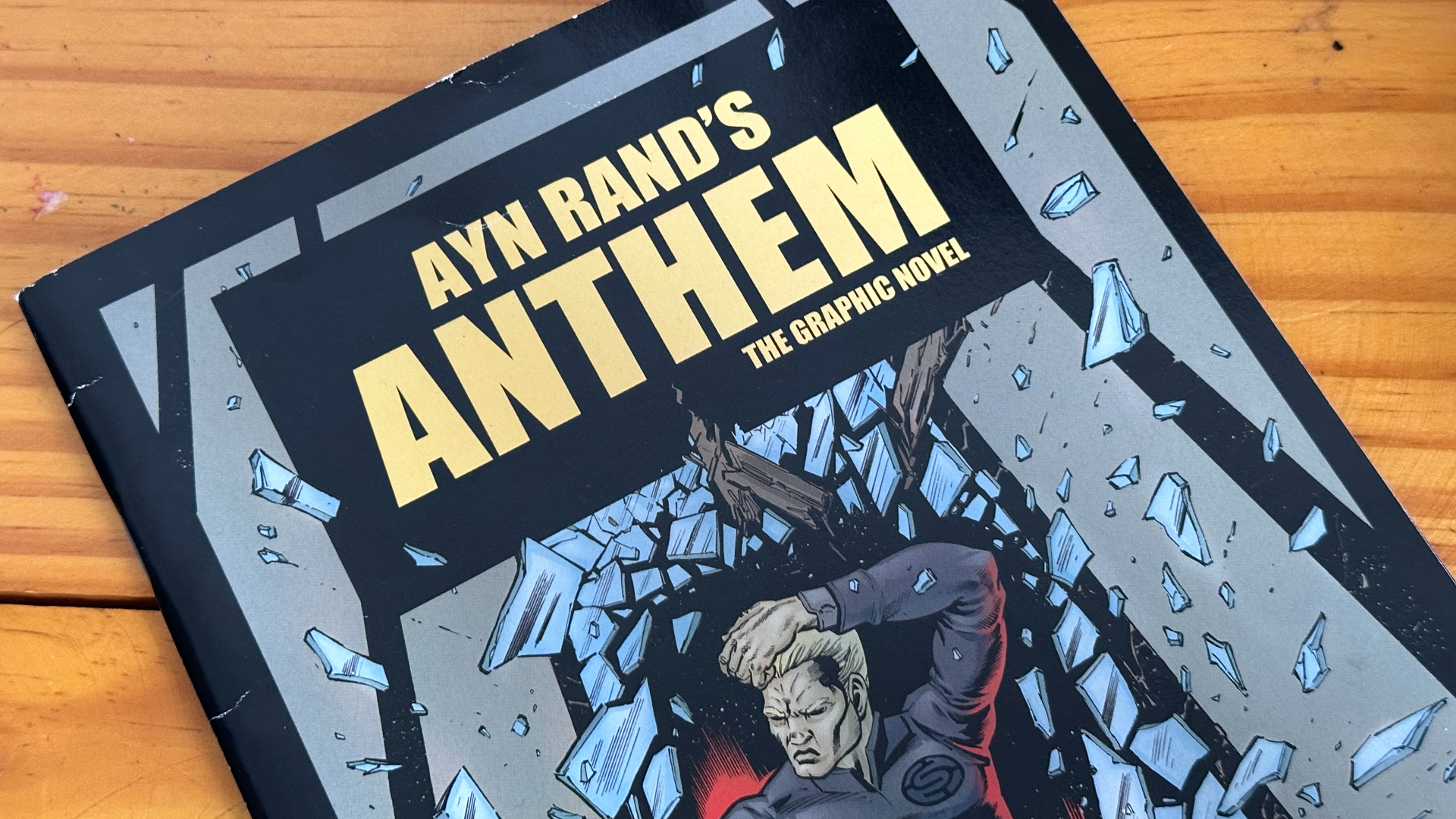
Anthem: a gateway to the genius of Ayn Rand
March 14, 2024 | Post
Today, 86 years on from its original publication, Anthem stands firm as a testament to the enduring power of the human spirit and the eternal flame of individualism.
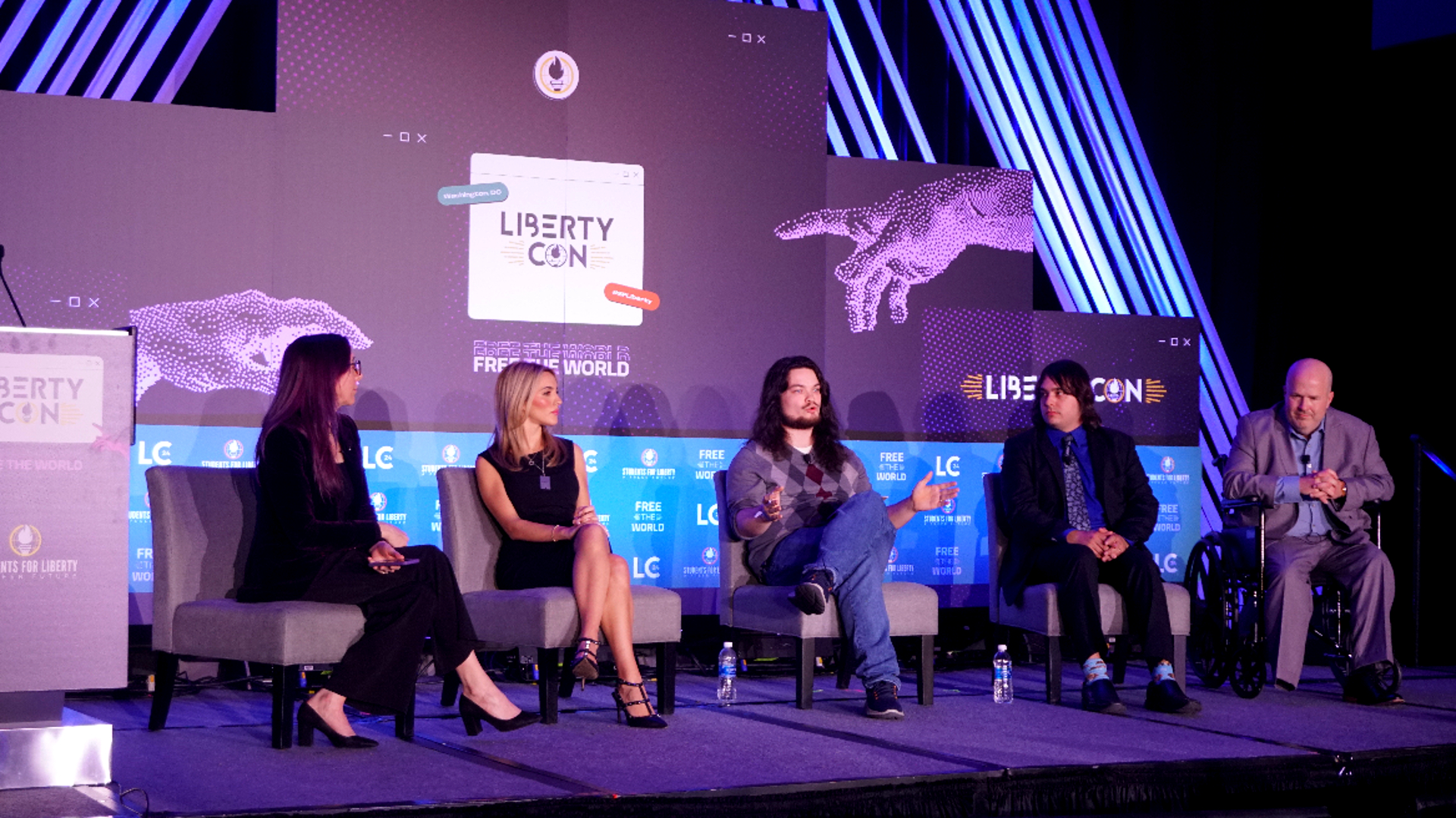
The key to finding truth in a world of misinformation
March 6, 2024 | Post
Today, more than ever, journalism is confronted with significant challenges, especially with media outlets striving to captivate audiences and deliver returns to shareholders.
But what happens when sensationalism and biased narratives become the norm? Where can individuals turn for accurate information when journalists prioritize agendas over facts? And how do we find common ground in an era of intense political division and factionalism?
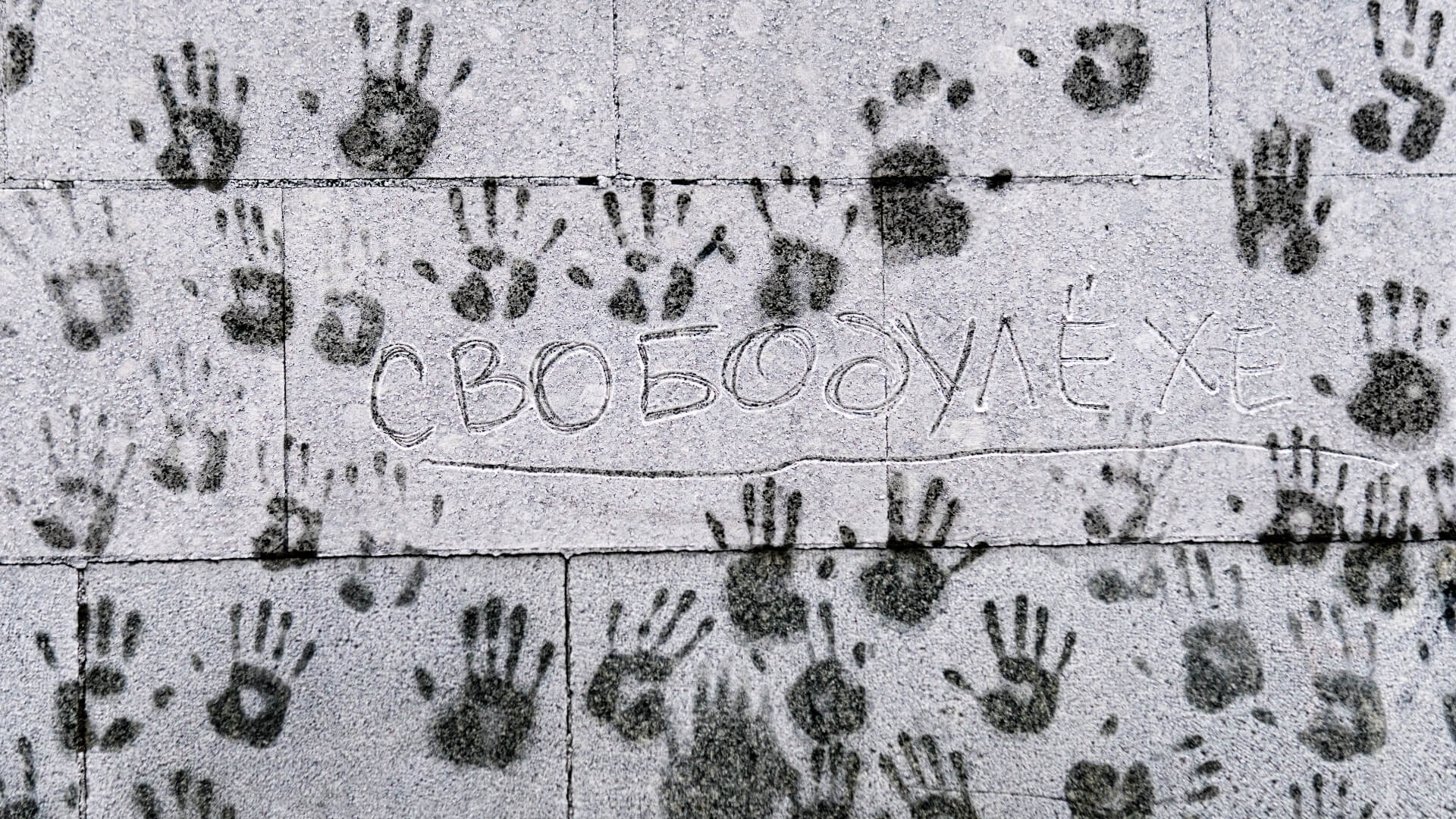
Remembering Alexei Navalny: a champion of freedom in Russia
February 16, 2024 | Post
Today, the world mourns the loss of Alexei Navalny, a fearless advocate for liberty and democracy in Russia, who died in a Siberian penal colony on February 16, 2024, aged 47.

Tolerance means dealing with ideas without canceling or censoring
January 25, 2024 | Post
Society is always changing, and so are ideas.
One constant, however, is intolerance for different ideas. That intolerance has left its mark, often in blood, on human history. The current iteration of intolerance, though not quite bloody, is “cancel culture.”

How Section 230 protects your online freedom
January 12, 2024 | Post
Section 230, part of the Telecommunications Decency Act of 1996, may sound like just any obscure piece of legislation, but it plays a crucial role in protecting your online freedom.
When Section 230 became law in 1996, it brought common sense to the table — content creators should be held responsible for their own words, not the platforms playing host.
However, in recent years, there has been significant pushback against Section 230 from figures across the political spectrum.

Meet the fearless middle schooler who dared to wear the Gadsden flag in class
December 13, 2023 | Post
In late August 2023, middle schooler, Jaiden Rodriguez, was removed from class over a Gadsden flag patch on his backpack.
This was in defiance of the First Amendment’s protection of free speech, which has long been deemed fully applicable to publicly funded schools by the U.S. Supreme Court.
But First Amendment rights did not mean this was the end of the story.
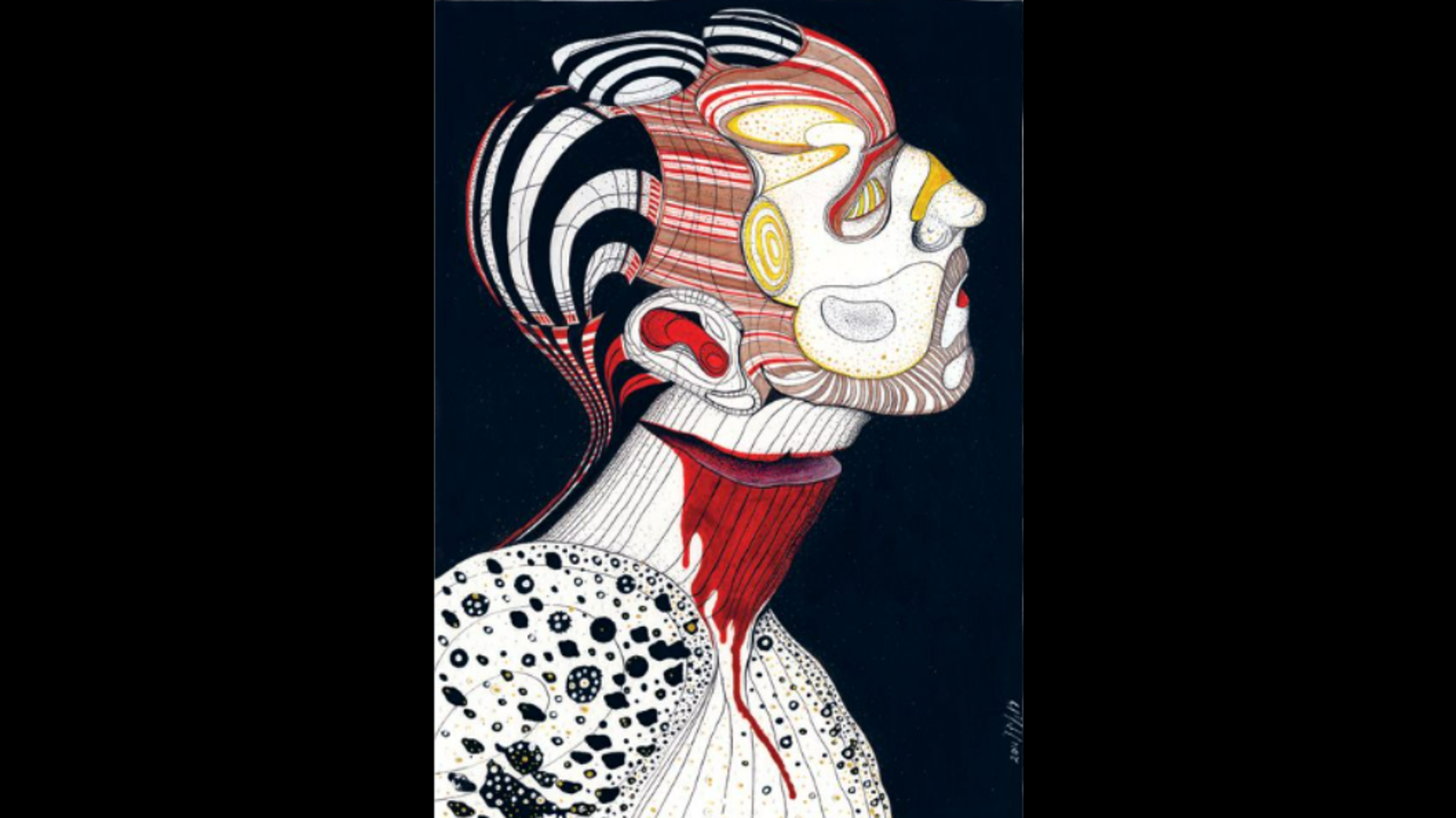
Remembering Ibrahim Qashoush: a brutal story of musical resistance and regime violence
October 27, 2023 | Post
Although highly unknown beyond the Free Syria movement, an often-forgotten cause, Ibrahim Qashoush was a popular singer during the beginning of the Syrian Revolution. He soon became one of the countless victims of the Assad regime’s brutality. This is his story.

A martyr for free speech: Helmuth Hübener
October 17, 2023 | Post
Today, 62% of Americans have political views they are afraid to share. Despite the extensive legal protections for freedom of speech in America, I worry the attitude and spirit of freedom will decay despite legal guarantees. To remedy this, I believe it is important to learn about the example of Helmuth Hübener, a German teenager who defied the Nazi regime and became a martyr for freedom.
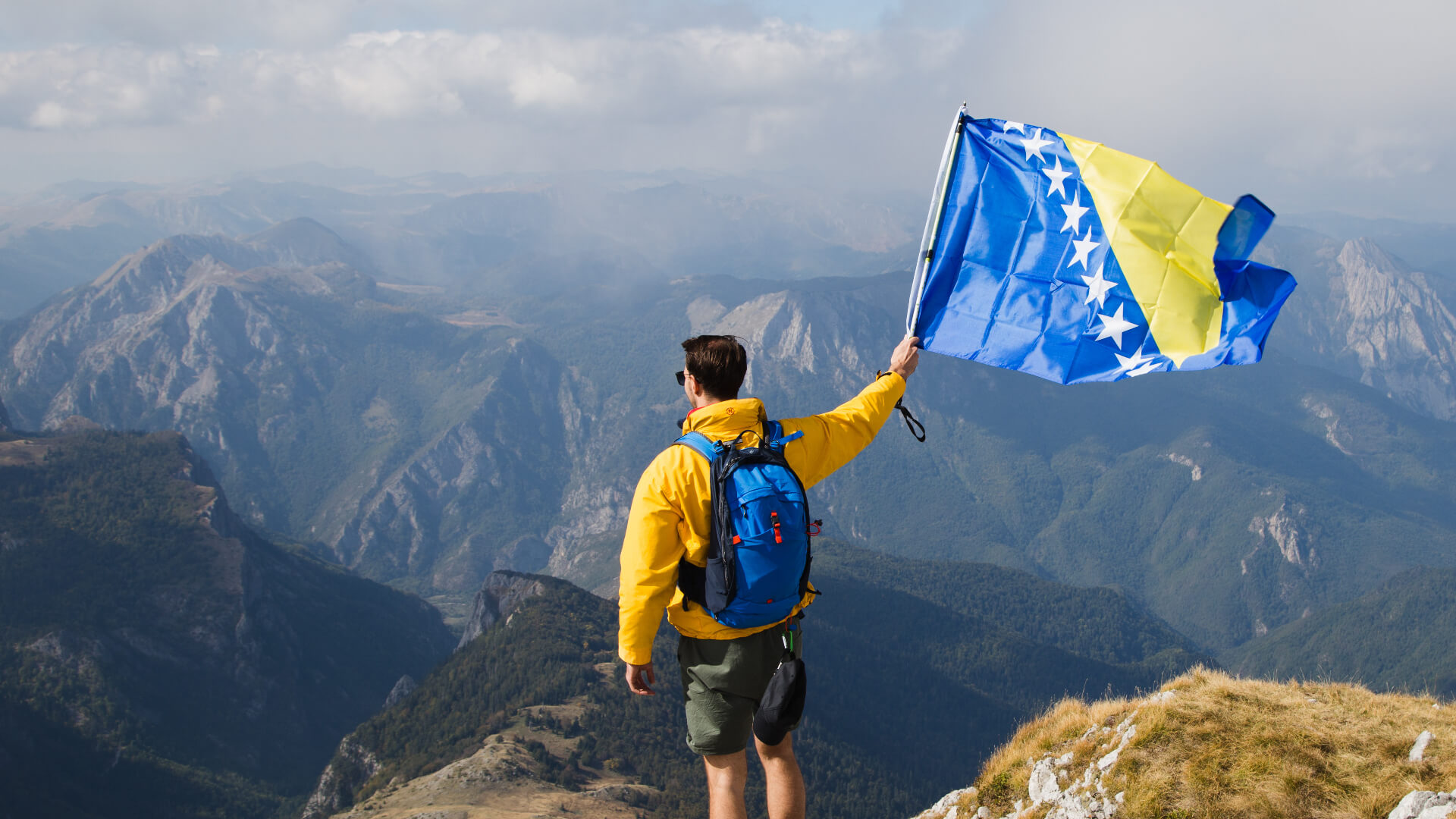
Branded as traitors: why activism in Bosnia and Herzegovina is not for the fainthearted
October 2, 2023 | Post
Right now, activists in Bosnia and Herzegovina, specifically within the region of Republika Srpska, are bracing themselves for an array of new challenges as the government plans to enact a law that will impose strict oversight and intense scrutiny of non-governmental organizations. Those receiving funding from abroad will be required to register as “foreign agents.”
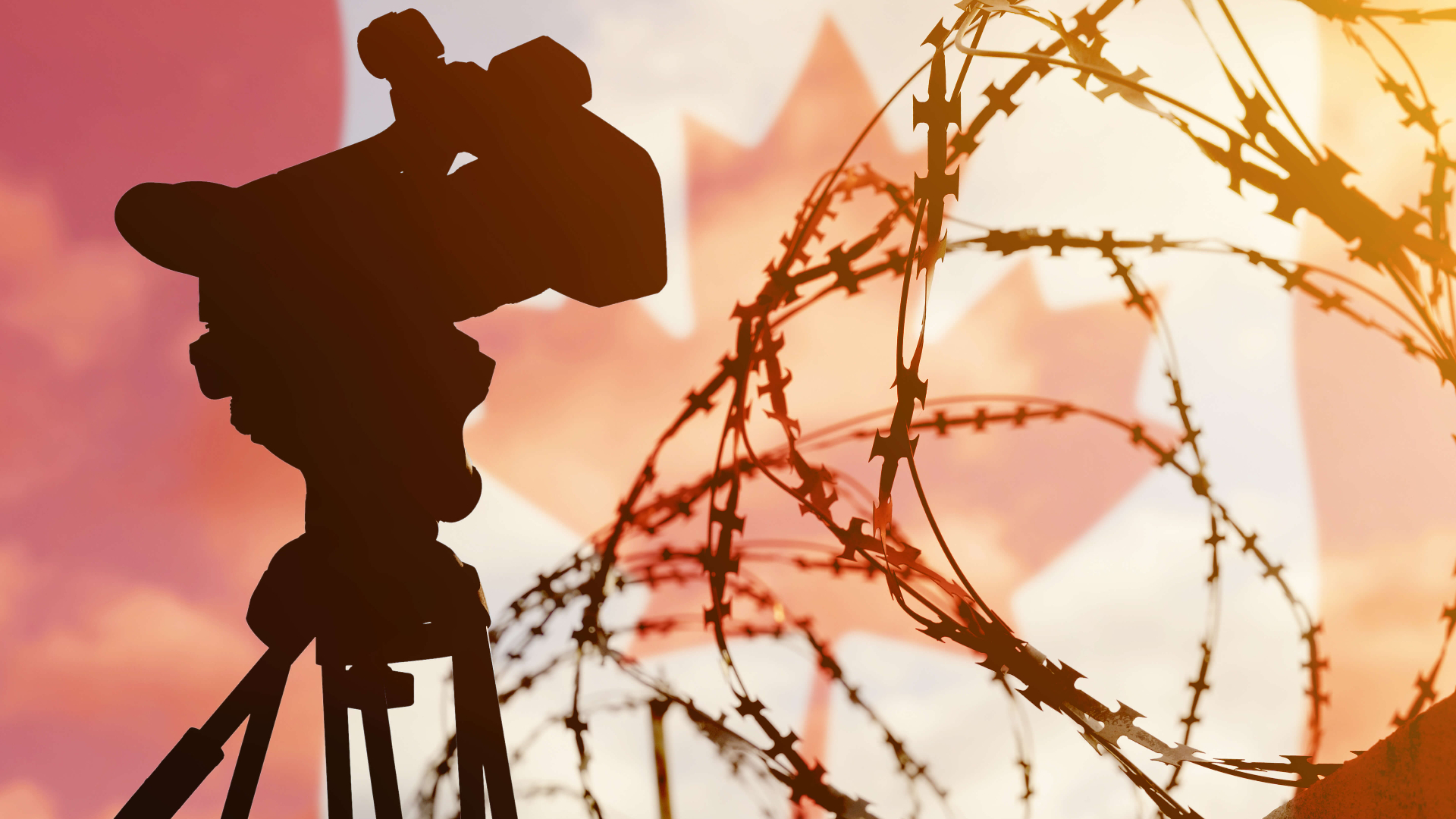
Bill C-11: how Canada’s algorithm power play stifles free speech online
September 26, 2023 | Post
For the Canadian Government, Bill C-11 heralds a fresh avenue for regulation and control. It is a mechanism for both reprimanding adversaries and rewarding lobbyists. Naturally, this government dominance over media comes at the cost of freedom and diversity of content online. Here’s what’s at stake…
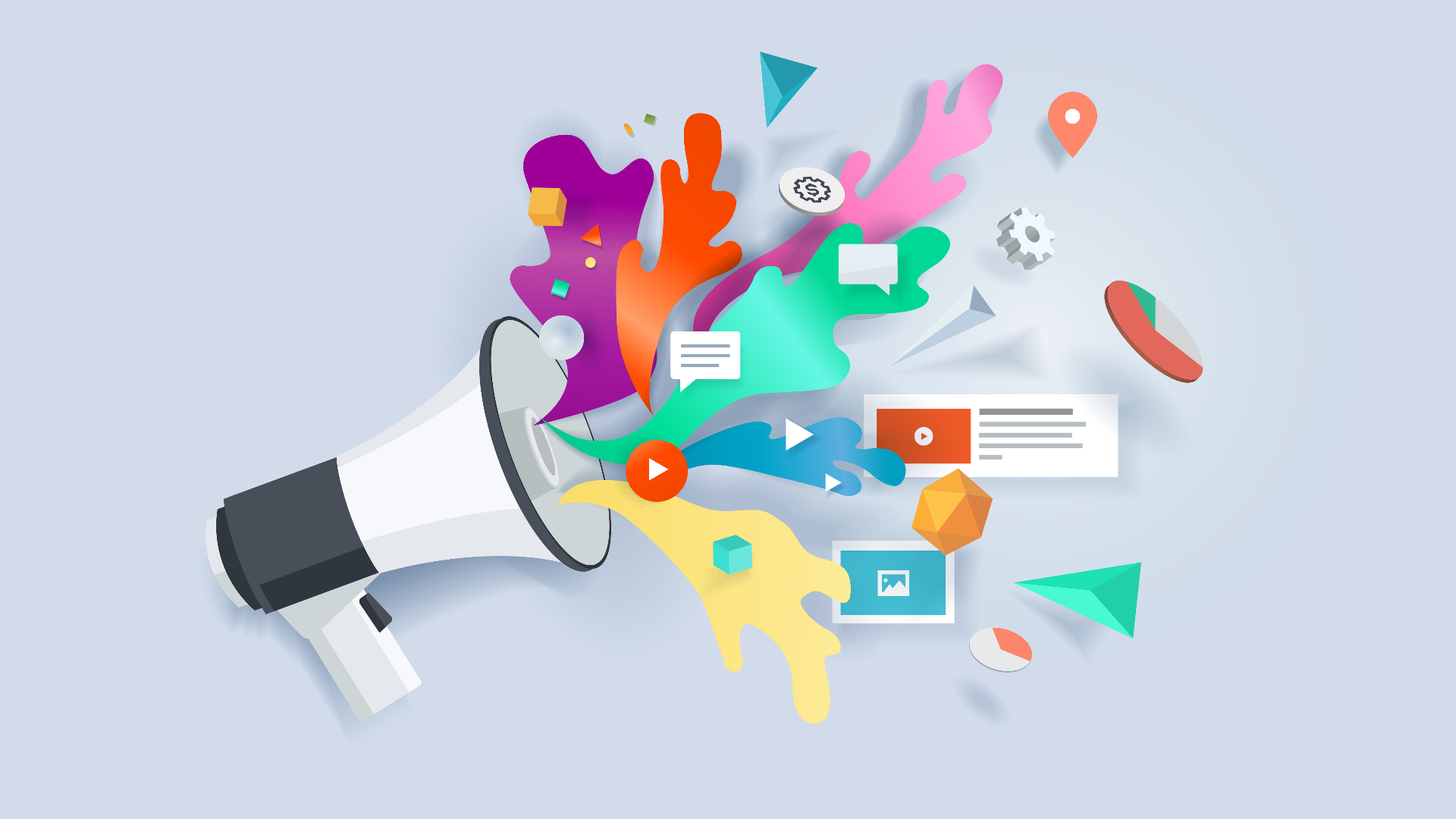
Defending liberty in the digital age: how useful is social media activism?
September 21, 2023 | Post
The power of information dissemination through social media networks is remarkable, with messages often going viral within seconds. Yet, it is essential to acknowledge that social media activism has its limitations.
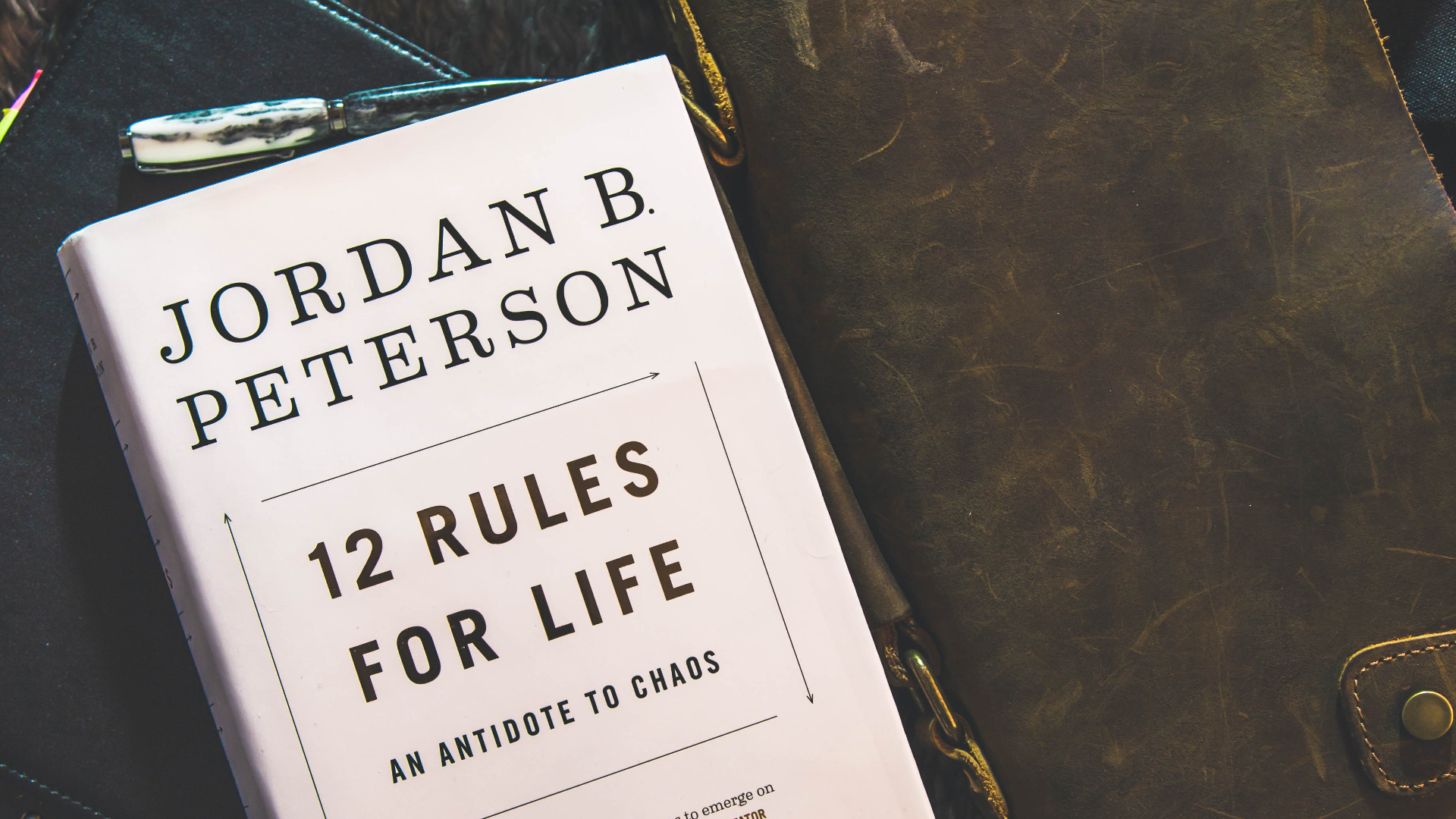
What Jordan Peterson’s failed court appeal says about freedom of expression in Canada
August 31, 2023 | Post
In a recent legal development that has ignited debates about the intersection of freedom of expression and professional obligations, former University of Toronto professor Jordan Peterson’s court appeal has been denied. What does this development tell us about freedom of expression in Canada?
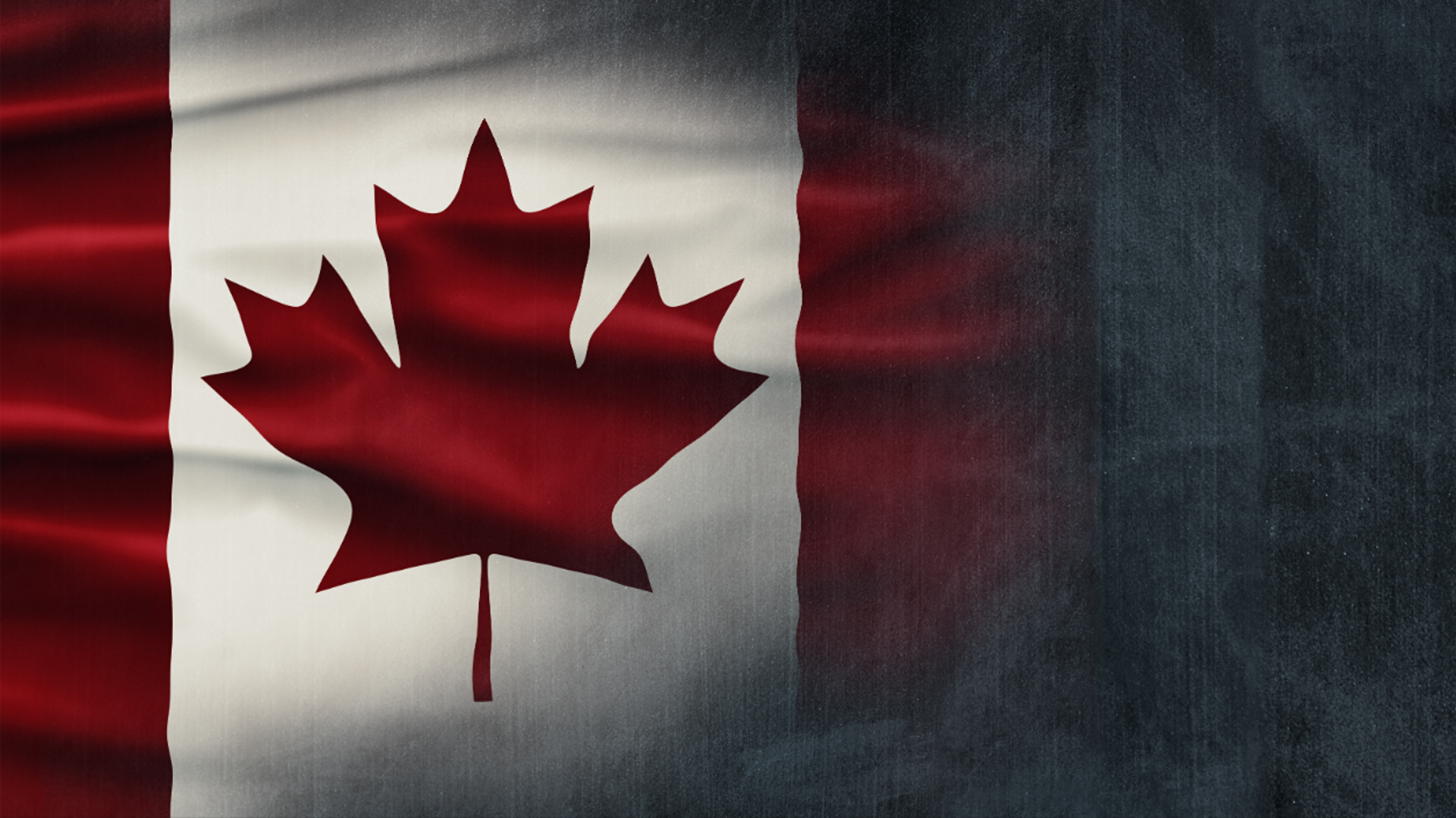
Bill C-18: social media no longer a home for news in Canada
August 3, 2023 | Post
Under the guise of supporting local news outlets in Canada, Bill C-18 aims to censor all news outlets on social media platforms unless their companies offer compensation to Canadian news outlets for the news they provide.

Five books to understand classical liberalism
July 6, 2023 | Post
Ready to dive into the captivating world of classical liberal literature but not sure where to start? We’ve got you covered! Whether you’re new to the world of classical liberalism or seeking to expand your knowledge, these five books are key to unlocking a deeper appreciation of its core tenets.
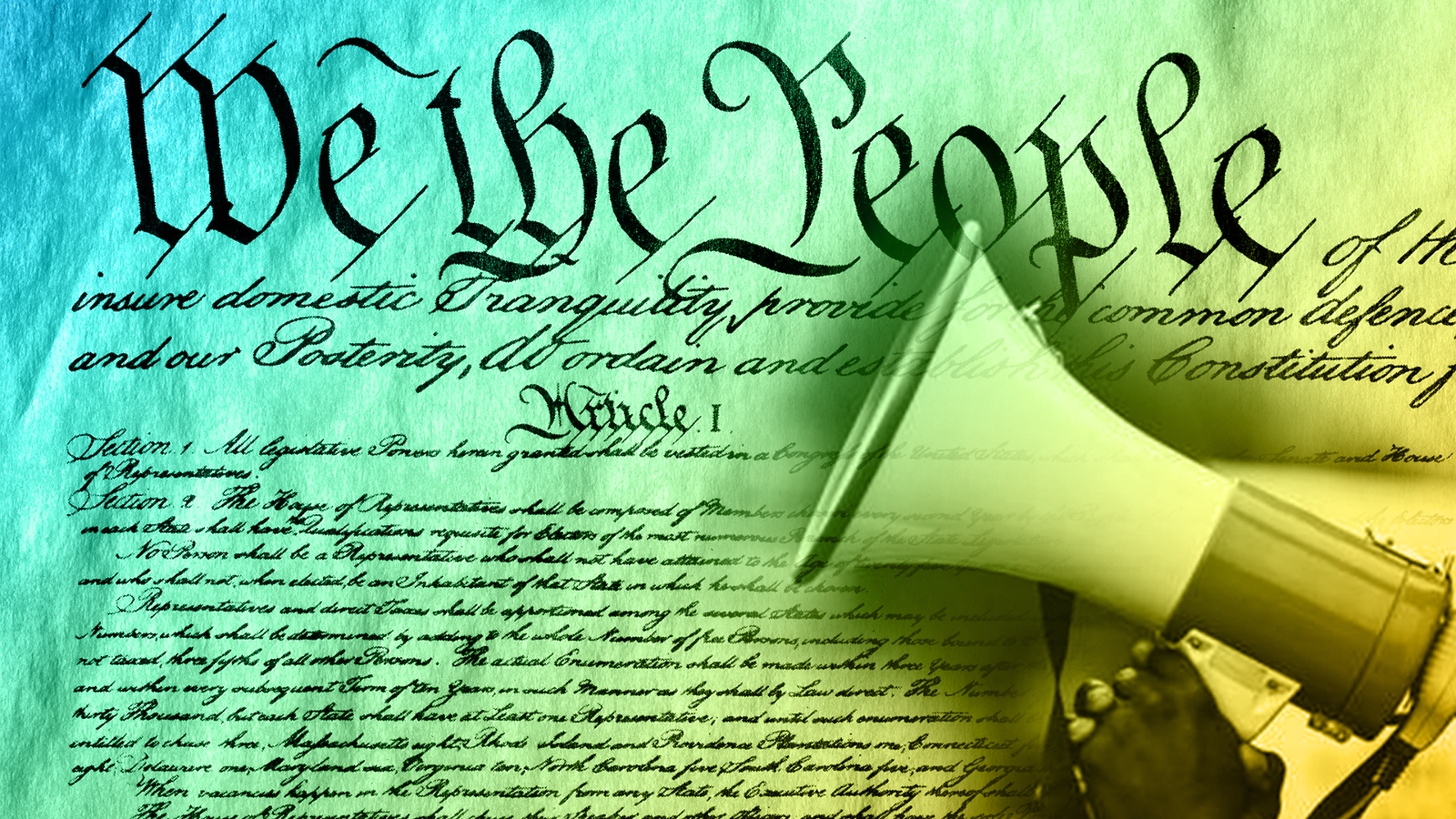
A history of free speech in America
June 8, 2023 | Post
The history of free speech in the United States is a complex and fascinating topic, deeply rooted in the nation’s founding principles. The First Amendment to the U.S. Constitution, ratified in 1791, protects the right to free speech, along with freedom of religion, the press, assembly, and petition.
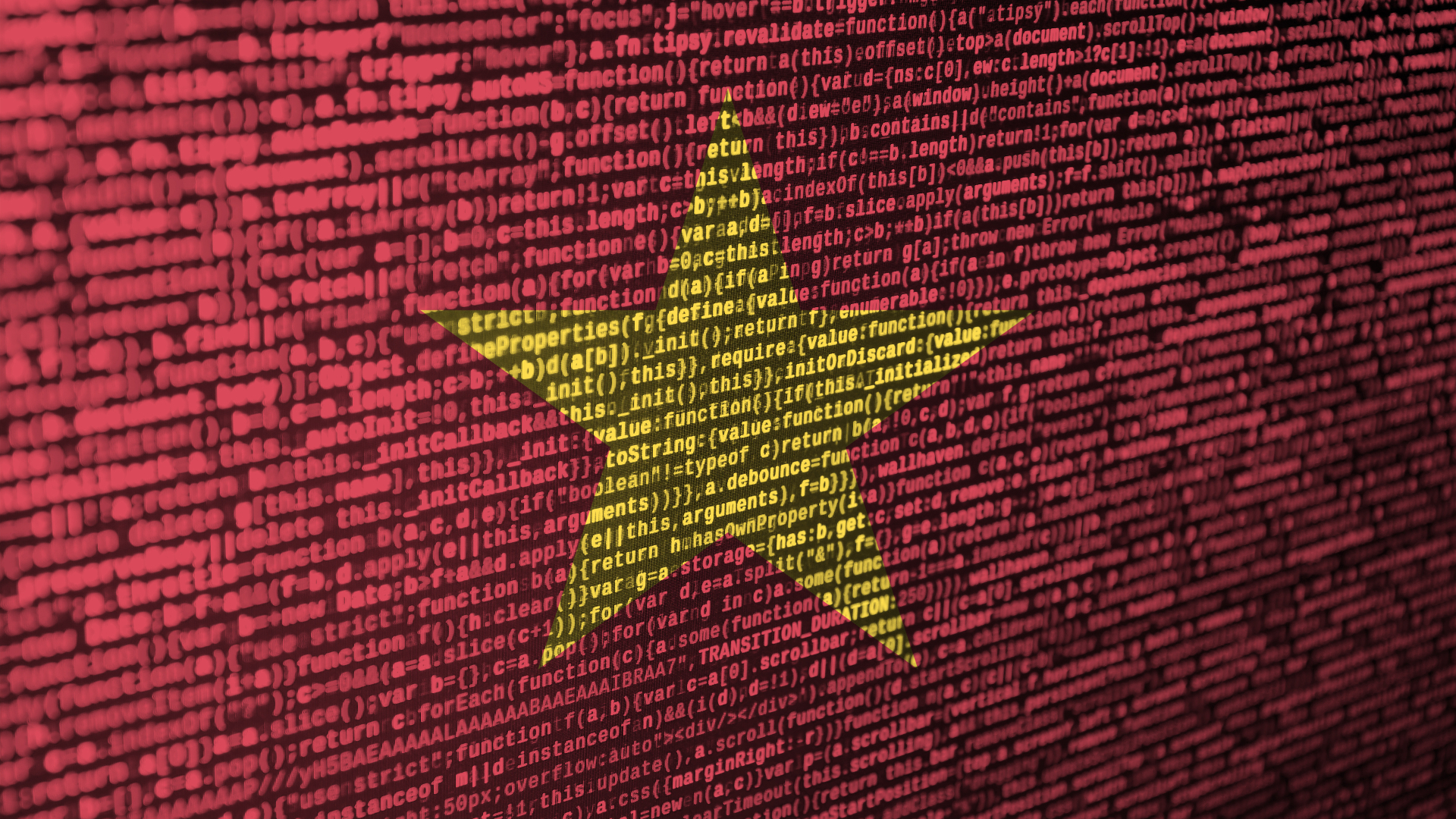
An assault on anonymity: the consequences of Vietnam’s new social media policy
June 2, 2023 | Post
In Vietnam, a new regulation will take effect by January 2024 requiring all social media users to verify their identities in order to use online platforms. This move is a blatant violation of the right to free expression and privacy.
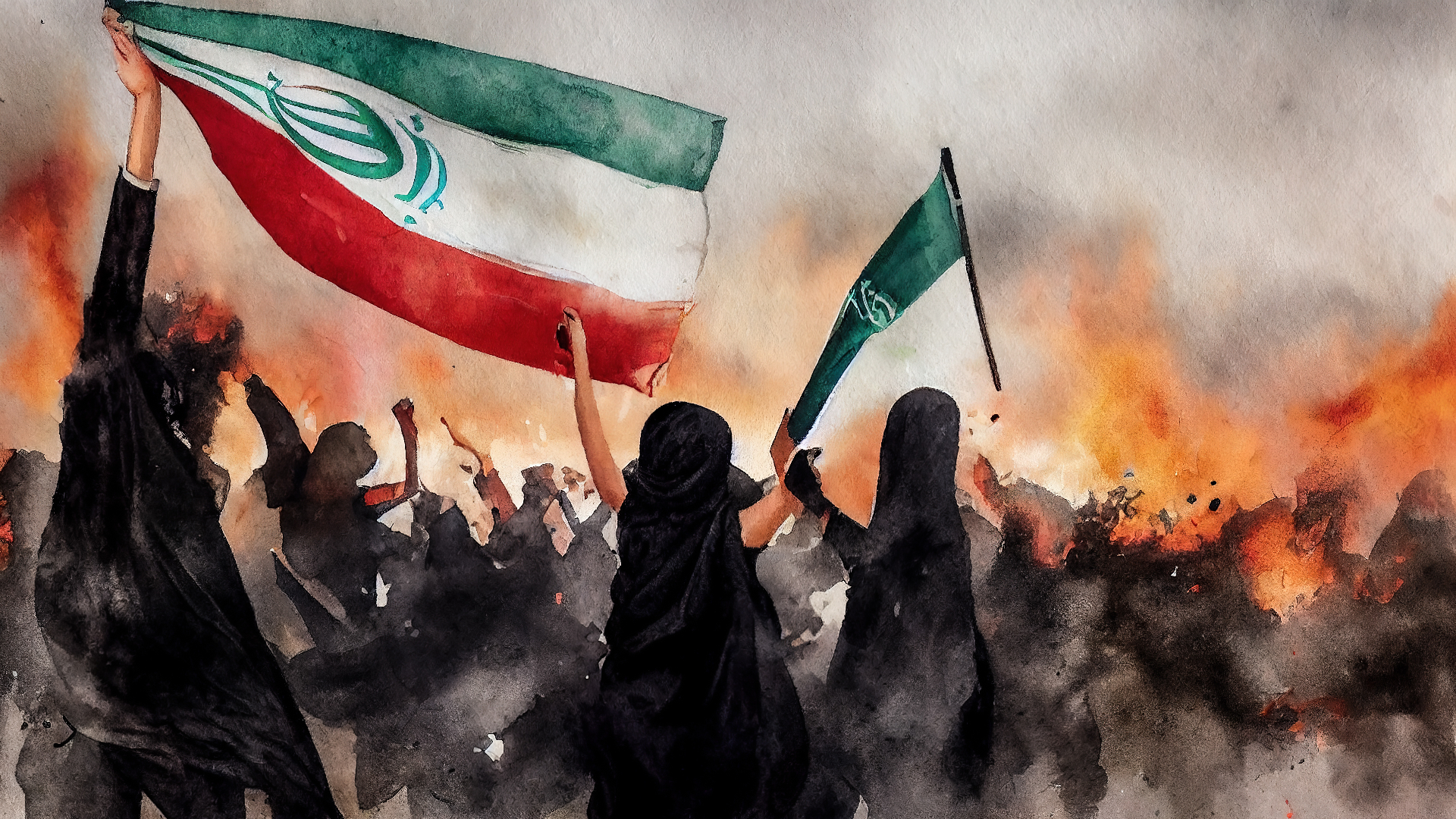
Political Islam and the violation of individual rights
April 5, 2023 | Post
Can you imagine living in a country where your government can kill you for not following a state-imposed dress code; or jail you for ten years for sharing a video of yourself dancing with your fiance; or kidnap you for daring to speak your mind? Iranians live in such a place.

Is Covid China’s Chernobyl?
April 4, 2023 | Post
Just as COVID has changed our lives in many ways since 2020, Chernobyl changed the world in 1986. These were two great disasters emanating from two major communist nations. The results and consequences of both will affect us for a very long time, maybe even forever.
As many will know, Chernobyl was instrumental in accelerating the end of the Soviet Union and is critical to our understanding of this period. However, could COVID be the key to understanding, in the future, perhaps, the end of Communist China?
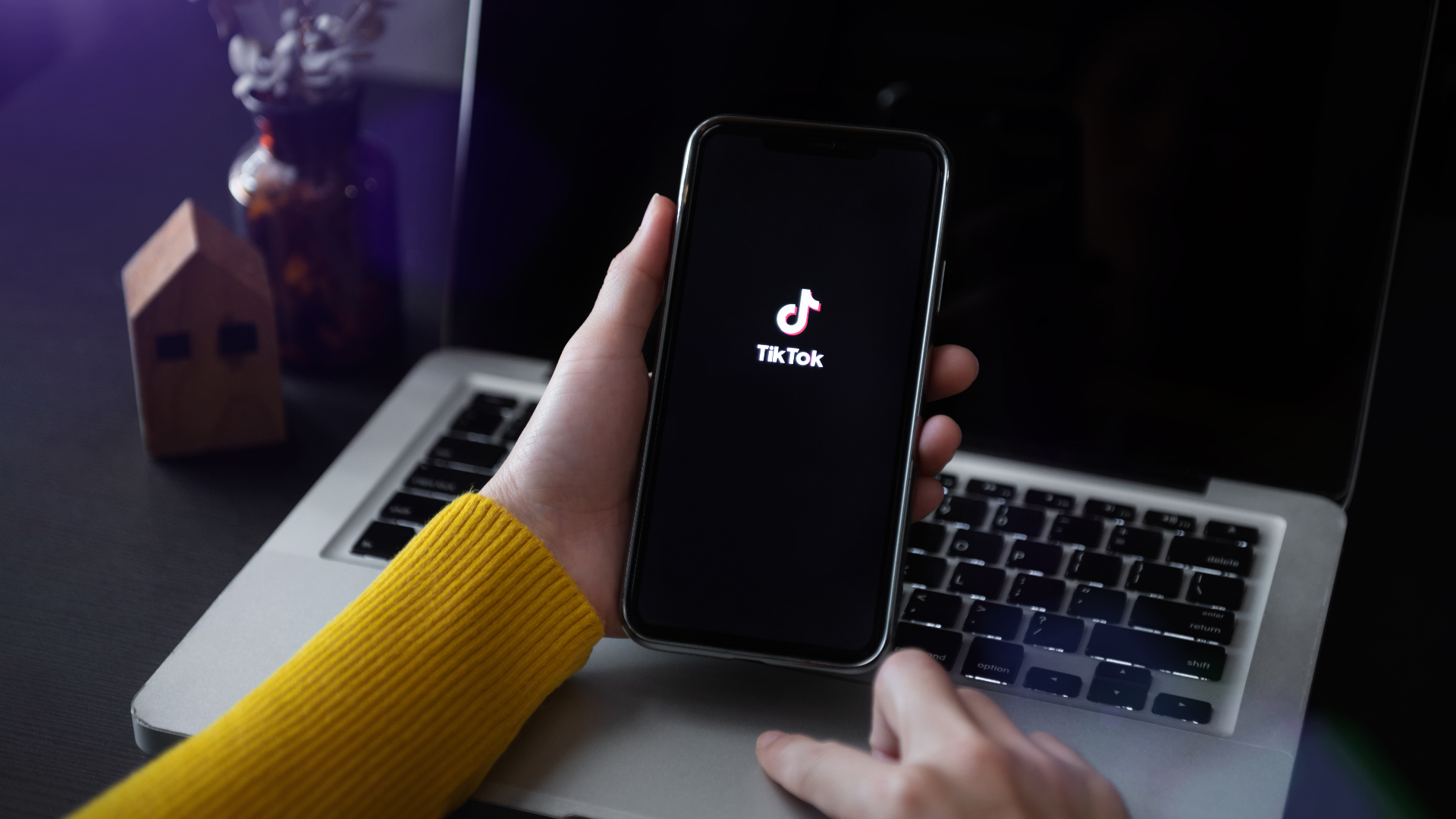
The TikTok dilemma: privacy risks vs the importance of free choice
March 30, 2023 | Post
TikTok has been under intense scrutiny for its data collection and sharing practices, with concerns raised about the platform’s relationship with the Chinese government and its potential for mass surveillance of Americans. But should it be banned?
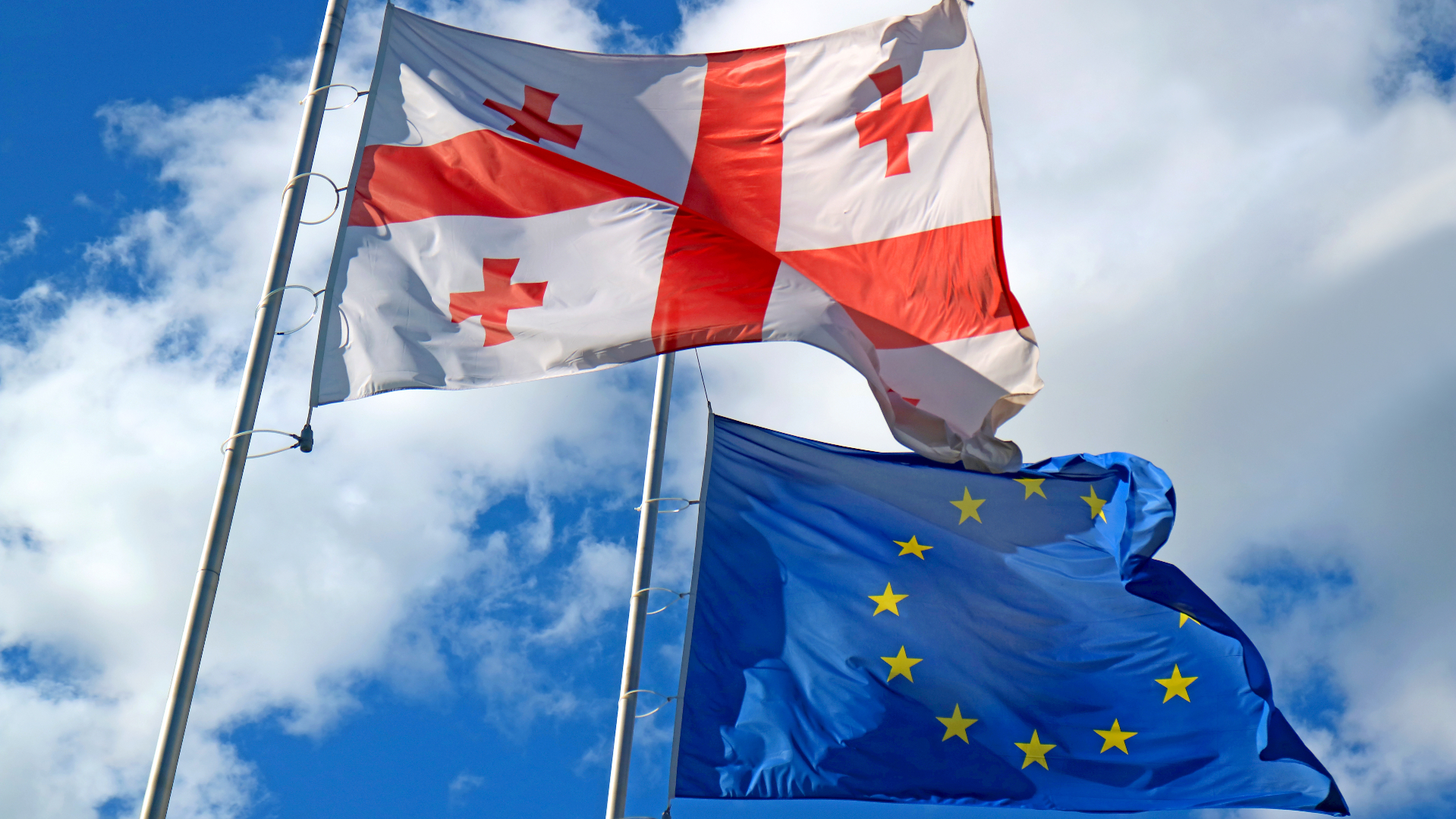
Georgia’s foreign agent law casts an ominous shadow on its European aspirations
March 8, 2023 | Post
The “foreign agent law” is perilous for all of Georgian society and will derail future progress in many areas, including human rights and anti-corruption. The Georgian people will do everything to make their voices heard and defend the national and European ideals that promise us a better future.
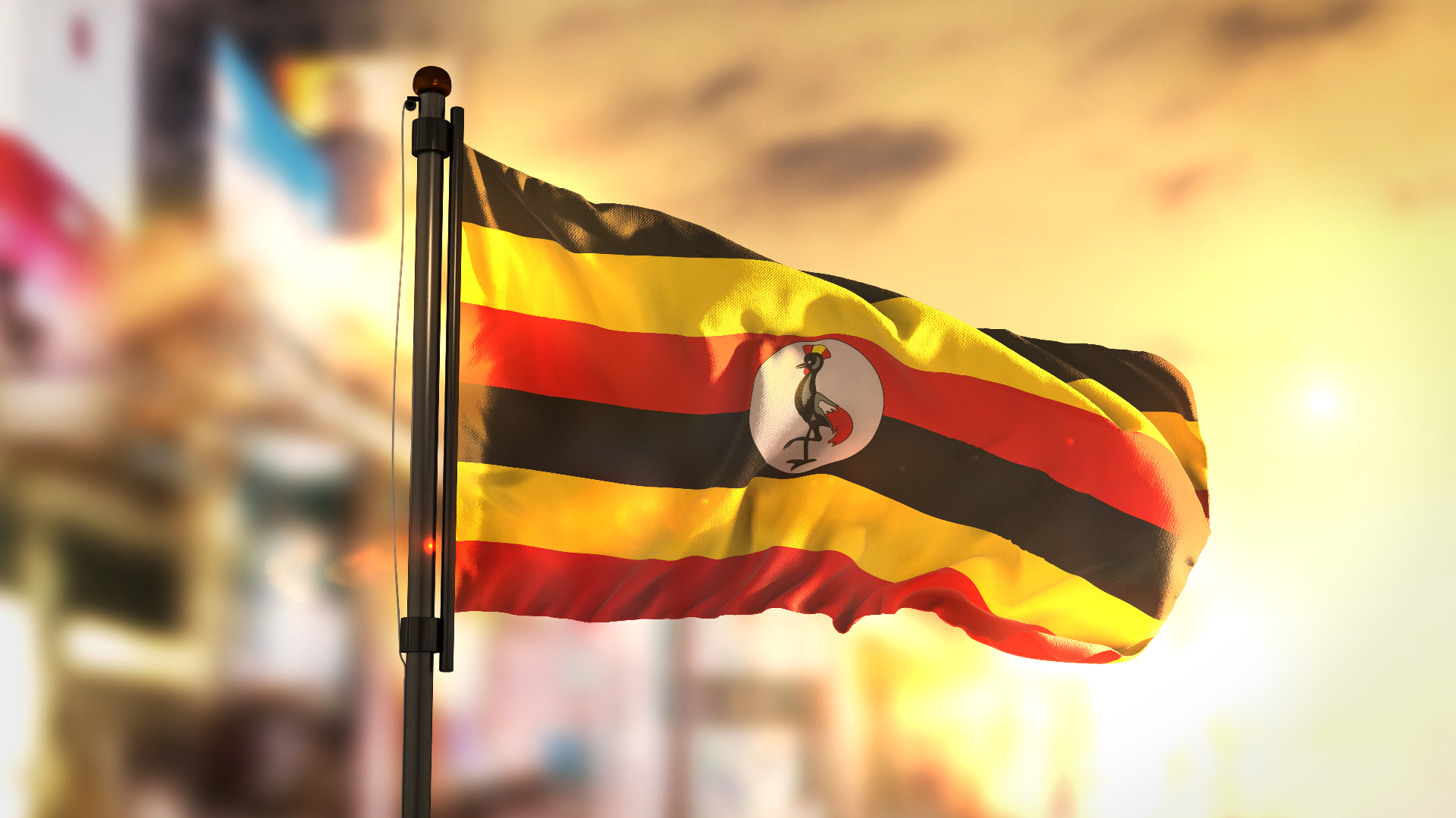
The Misuse of Social Media Act: a threat to freedom of expression in Uganda
February 27, 2023 | Post
The provisions in the Misuse of Social Media Act passed by Uganda’s Parliament are highly restrictive and pose a direct threat to digital freedom. Here’s a quick breakdown of how and why…
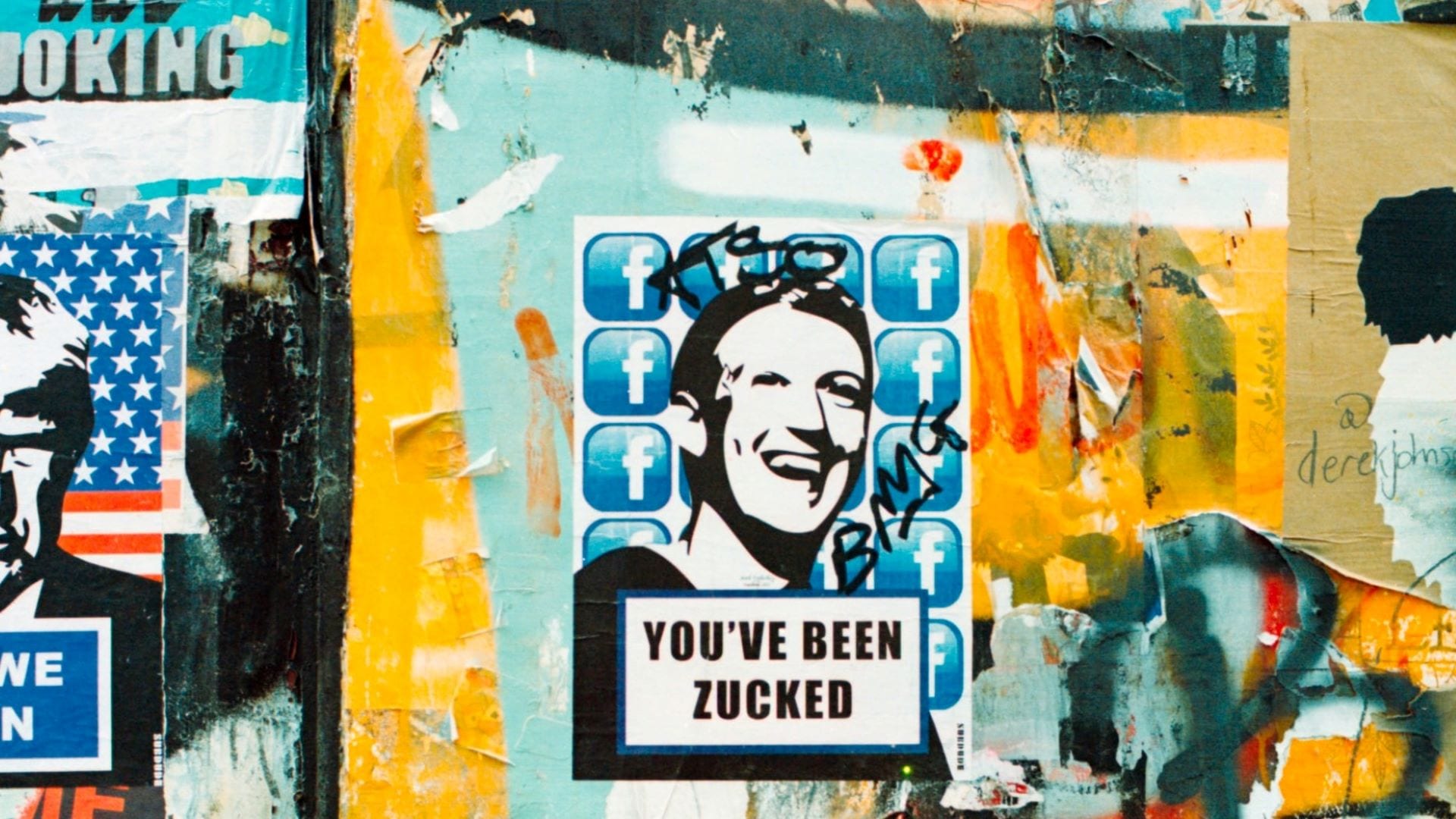
Why Section 230 is vital for freedom of expression online
February 8, 2023 | Post
There was a time when the debate around Section 230 was limited to the underworld of D.C. tech policy folks, but this is certainly no longer the case. While this once obscure part of the Communications Decency Act was gradually becoming more of a discussion point, it was thrust into the mainstream when Twitter and Facebook banned Donald Trump from their platforms after he posted incendiary tweets. Here’s why we should defend Section 230…

